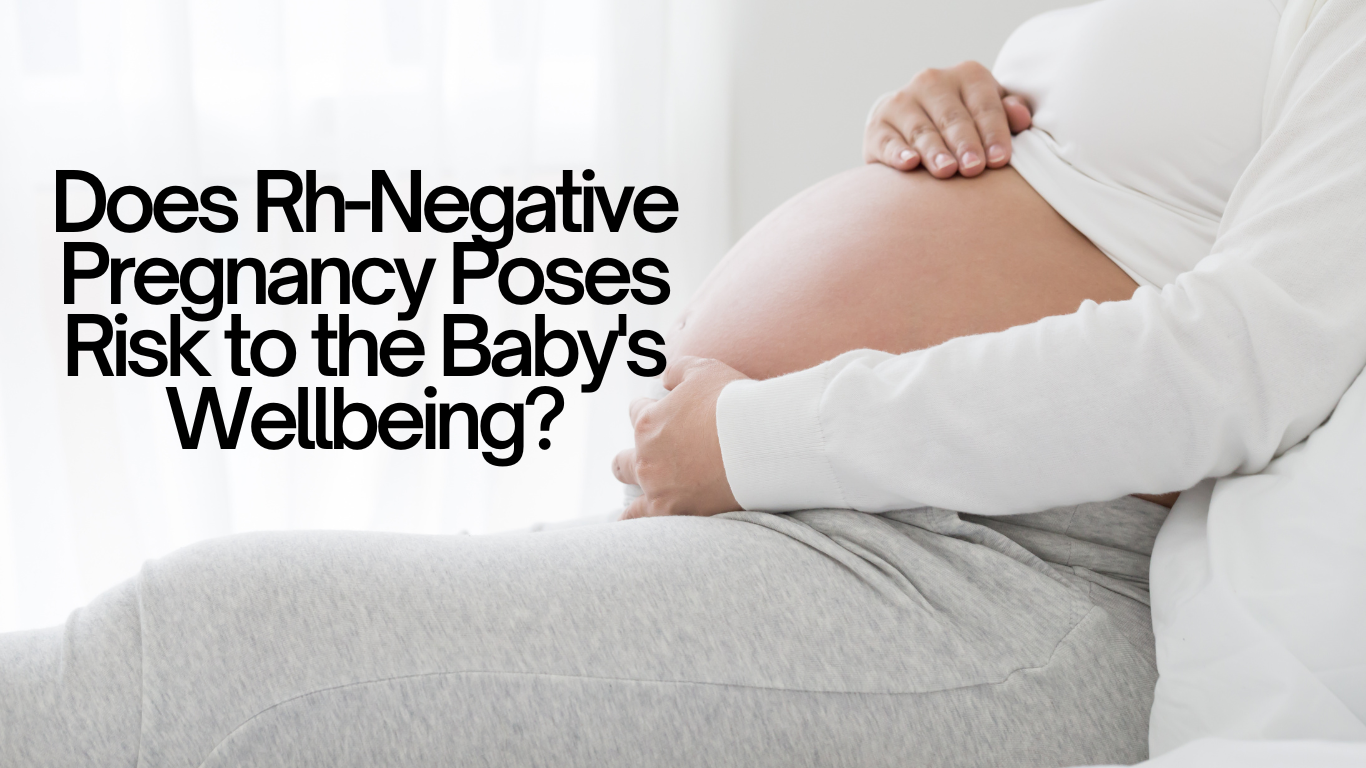
Best Gynecologist Clinic in Gurgaon

December 12, 2023
If you are experiencing an Rh-negative pregnancy, you’ve likely encountered a multitude of questions and concerns like what exactly is an Rh-negative pregnancy, and what problems can it create for your fetus? Rh-negative pregnancies, though not unusual, possess distinct features and factors that deserve attention and understanding.
So, whether you’re an expectant mother or a supportive friend or family member, equipping yourself with the right insights into Rh-Negative pregnancy can help you gain confidence and peace of mind.
Rh negative pregnancy
Rh factor is generally a protein that is found on the surface of red blood cells. Your Rh status is determined by whether or not a specific protein (Rh) is present in your blood cells. If it’s present, you’re Rh-positive; if it’s absent, you’re Rh-negative.
Having an Rh-negative blood type doesn’t indicate an illness. However, when it comes to pregnancy, specific concerns may arise. Special care is required for your pregnancy if you are Rh-negative and your baby has an Rh-positive blood type.
Why does Rh-negative pregnancy create complications?
Rh-negative pregnancy can lead to complications because when the Rh-positive blood of your fetus mixes with your Rh-negative blood, your body produces antibodies that target the blood cells released by your fetus. These antibodies can cross the placenta and harm the fetus’s blood cells, resulting in severe health issues, and potentially even fetal or neonatal fatality.
How can your antibodies affect your fetus?
Antibodies in your body can potentially harm your fetus through the interaction of your Rh-negative blood cells with your fetus’s Rh-positive blood cells. This interaction poses a risk of:
Anaemia
Your fetus may be at risk of developing a severe form of anaemia, characterized by a shortage of blood. This occurs when your immune system recognizes and destroys your fetus’s Rh-positive red blood cells faster than the body can produce new ones.
Jaundice
Rh incompatibility between you and your newborn can lead to jaundice in the newborn. The presence of jaundice is marked by the yellowing of both the skin and the whites of the eyes, a consequence of increased bilirubin levels in the body. Bilirubin is a byproduct that emerges as a result of the decomposition of red blood cells.
Fetal death
Fetal death can result from a deficiency of red blood cells, as these cells are responsible for transporting oxygen throughout the body. When there is an insufficient number of red blood cells, the developing fetus may not receive an adequate oxygen supply. In certain instances, anaemia in the fetus or newborn can lead to a tragic outcome, including fetal or neonatal mortality.
It’s important to remember that with proper medical care and monitoring, the risks associated with Rh-negative pregnancies can be significantly reduced. Expectant mothers can receive Rh immunoglobulin injections or other treatments to prevent the formation of harmful antibodies, ensuring the safety and well-being of both the mother and her baby. To know more, contact Dr. Shweta Wazir, the best obstetrician in gurgaon at: +91 8448128007 or www.drshwetawazir.com.
Stay tuned for more insights on Rh-negative pregnancy in our upcoming blogs.
Leave A Comment